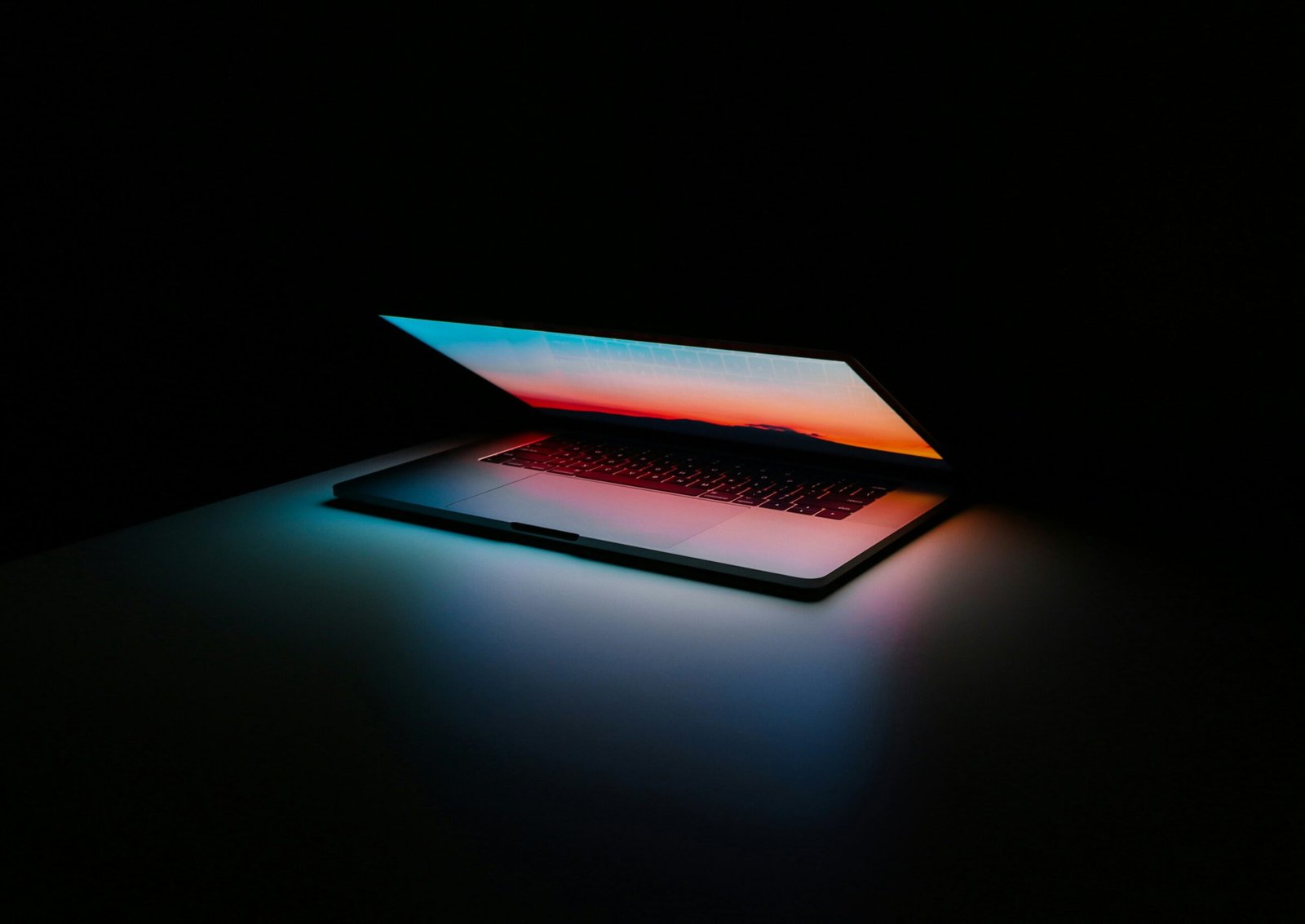In today’s digital age, technology has seamlessly integrated into our daily lives, influencing various sectors, including the beauty industry. This evolution has given rise to new trends and practices that were once deemed futuristic. Let’s delve into how technology is reshaping beauty standards and practices, making them more inclusive, personalized, and accessible than ever before.
The Rise of Augmented Reality in Makeup and Skincare
One cannot talk about technology’s impact on beauty without mentioning augmented reality (AR). AR has fundamentally altered how consumers interact with beauty products. From trying on virtual makeup to visualizing skin care results before making a purchase, AR technologies enhance consumers’ shopping experiences. Companies like Sephora and L’Oréal have integrated AR into their mobile apps, allowing users to test products from their phones, thus bridging the gap between digital exploration and physical purchase.
The convenience of AR is unmatched, as consumers can now experiment with different looks without the commitment of buying and trying physical products. This digital revolution not only saves time but also reduces waste from unused products, signaling a step towards sustainable consumer habits. More so, AR’s interactive experience has opened up new avenues for brand engagement, leading to increased consumer loyalty. As AR technology continues to evolve, we can expect more personalized and immersive shopping experiences.
Personalized Beauty Regimens Through AI
Artificial intelligence (AI) in the beauty sector is synonymous with personalization. By leveraging AI, beauty brands can offer tailored recommendations, ensuring that consumers receive products that are best suited to their unique needs. This approach to personalized beauty is transforming customer experiences. AI analyses hundreds of factors, from skin type to personal preferences, to predict the most effective beauty routines for individual users, turning generic beauty shopping into a highly customized journey.
Moreover, AI’s role extends beyond product selection. Advanced algorithms power skin diagnostic tools that assess skin concerns more accurately than the naked eye. These insights enable consumers to make informed decisions about their skincare, leading to better outcomes. The integration of AI into the beauty industry also fosters a deeper understanding of consumer preferences, driving innovation in product development. As AI technology grows more sophisticated, we anticipate a future where beauty solutions cater precisely to individual expectations.
3D Printing: Customized Beauty Solutions
The advent of 3D printing technology has ushered in an era of unprecedented customizability in the beauty industry. From printed makeup products to bespoke skincare formulations, 3D printing allows for precision and personalization that were previously unimaginable. Brands are exploring 3D-printed skin patches tailored to treat specific areas of the skin, offering targeted therapeutic benefits. The ability to customize product shapes, colors, and even ingredients for individual consumers is revolutionizing how we think about beauty and self-care.
This technology not only enables brands to meet specific consumer needs but also reduces waste by creating products on demand rather than in bulk. The environmental benefits of this approach align with the growing consumer demand for sustainability in the beauty sector. As 3D printing technology becomes more accessible, we can expect further innovations that combine creativity, sustainability, and personalization, reshaping the beauty landscape.
Wearable Technology: The Next Frontier in Beauty
Wearable technology is expanding its reach, and the beauty industry is not left behind. Devices like the UV exposure trackers and smart mirrors are becoming central to consumers’ beauty and wellness routines. These devices collect and analyze data related to skin health, sun exposure, and even stress levels, offering personalized advice for skincare and wellness. The integration of these gadgets into everyday life encourages proactive health monitoring, aligning beauty routines more closely with overall well-being.
Furthermore, wearable tech fosters a deeper connection between beauty brands and users. By providing data-driven insights, brands can tailor their communications and product recommendations more effectively. This two-way interaction not only enhances customer satisfaction but also builds brand loyalty. As we continue to see advancements in technology, wearable devices will likely play an even larger role in shaping holistic beauty and health practices.
Sustainability in Beauty: How Technology Is Making a Difference
In recent years, sustainability has become a focal point in the beauty industry. Forward-thinking brands are leveraging technology to minimize their environmental impact, from reducing packaging waste to formulating products with eco-friendly ingredients. Digital tools and platforms enable brands to practice transparency, sharing the origins and ethical sourcing of ingredients. This transparency helps consumers make informed choices that align with their values, fostering a sustainable relationship between brands and users.
The role of technology in promoting sustainability extends to the manufacturing process as well. Innovations in lab-grown ingredients and biotechnology are reducing the beauty industry’s reliance on natural resources, thereby decreasing its ecological footprint. As consumer awareness and demand for sustainable products grow, technology will be crucial in developing new methodologies that combine beauty, efficiency, and respect for the planet.
Inclusivity and Diversity: Technology’s Role in Expanding Beauty Norms
The beauty industry’s definition of beauty is evolving, thanks in part to technology. Digital platforms and social media have democratized beauty standards, showcasing a wide array of beauty ideals and encouraging inclusivity. Through AI and AR technology, consumers of all skin tones, types, and concerns can find products that cater specifically to them, a feat that was challenging to achieve on such a scale in the past.
Moreover, technology has empowered consumers to voice their needs, leading brands to expand their offerings to meet a diverse range of beauty aspirations. This push towards inclusivity has not only enriched the beauty landscape with a multitude of perspectives but has also fostered a more accepting and open-minded industry. As technology continues to advance, it will remain a powerful tool in challenging outdated standards and celebrating the unique beauty in everyone.
The Future of Beauty and Technology
The fusion of technology and beauty has not only transformed how products are developed and marketed but has also redefined beauty standards and consumer expectations. From advanced skin analysis tools to AI-powered beauty apps and augmented reality for virtual makeup trials, technology has made beauty more accessible, personalized, and inclusive, reflecting the diverse world we live in today. As we look towards the future, we can only expect this integration to deepen, bringing more innovative solutions that will continue to revolutionize the beauty industry. Discover how to embrace these changes with our offerings at Informeia.



